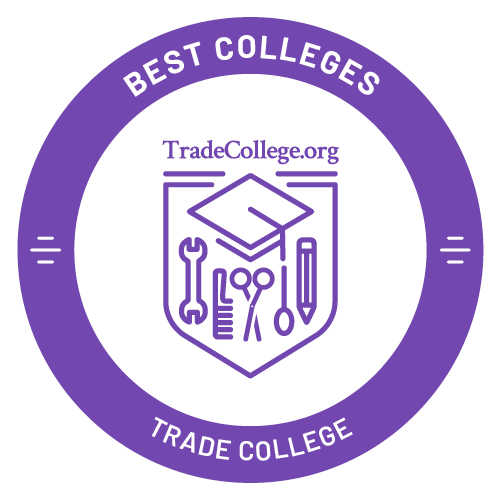Find Trade Colleges
2023 Best Basic Certificate Trade Schools in District of Columbia
It's not easy to decide which trade school program to enroll in when you have so many options available. Along with traditional schools that require in-person attendence, you can attend one of many reputable online schools. Some programs even offer a hybrid experience.
The Best Basic Certificate Trade Schools in District of Columbia ranking is one of many tools that Trade College Search has developed to help you make your educational decision. Our analysis looked at 1 schools in District of Columbia to see which basic certificate programs offered the best educational experiences for trade school students.
View our full ranking methodology.
Featured schools near , edit
Top Trade Basic Certificate Schools in District of Columbia
Learn more about these excellent schools below:
Our analysis found Trinity Washington University to be the best school for trade school students who want to pursue a basic certificate in District of Columbia. Trinity College is a small private not-for-profit school situated in Washington, District of Columbia. It awarded 18 basic certificates in 2021-2022.
The average tuition and fees at Trinity College is $25,610. In-state students do not receive a discount, however you may be able to reduce your price if you receive financial aid.
Trinity College does have options available for those who want to take online classes. You will need to check with the school to see if they are available for your specific major. In fact, around 84% of the undergraduate population registered for at least one online class in 2020-2021.
Best Trade Basic Certificate Schools in the Middle Atlantic Region
View Best Trade Basic Certificate Schools Nationwide >
Notes and References
Footnotes
*These averages are for the top 1 schools only.
References
- Read more about our ranking methodology.
- The Integrated Postsecondary Education Data System (IPEDS) from the National Center for Education Statistics (NCES), a branch of the U.S. Department of Education (DOE) serves as the core of our data about colleges.
- Some other college data, including much of the graduate earnings data, comes from the U.S. Department of Education’s (College Scorecard).
- Information about the national average student loan default rate is from the U.S. Department of Education and refers to data about the 2016 borrower cohort tracking period for which the cohort default rate (CDR) was 10.1%.
More about our data sources and methodologies.


